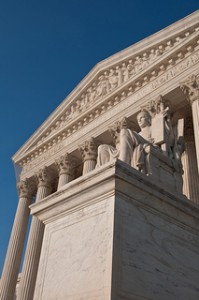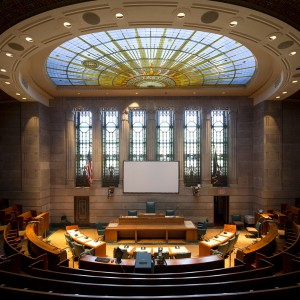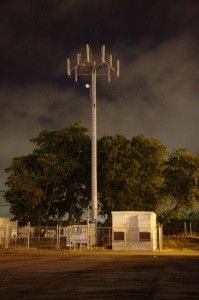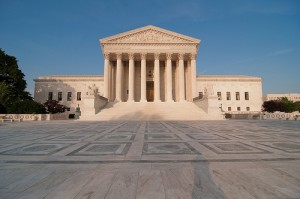Commentary by Bill Brinton, Rogers Towers, Jacksonville, Florida
During the oral argument in Reed v. Town of Gilbert, Arizona, Reed’s counsel, David Cortman of Lawrenceville, Georgia, recommended that temporary signs relating to a one-time event, such as an election or anything else that occurs on a particular date, be taken down within the same time period after that event. He represented to the Court that “in fact the Washington, D.C., municipal regulations have that exact code . . . it’s one we would recommend to the Court. . . . I believe it’s 13605.” According to Mr. Cortman, “what it says is all temporary signs should be treated the same, period. . . . Every temporary sign can be up for 180 days.” See Oral Argument Transcript at pages 16-17.
As a practitioner who defends and drafts sign regulations, I found a number of the propositions made by the petitioners to be impractical and contrary to common sense. I was curious about the D.C. municipal regulation 13605, and when I looked for the regulation I could not find it. There was a good reason. It is not a law at this time, nor has it ever been the law. There is simply a draft proposal from 2012 for a new Title 13, Chapter 6, that would provide regulation for temporary signs, but the same is still under review by the District, and has been undergoing further changes since 2012 based upon public input.
Continue reading →









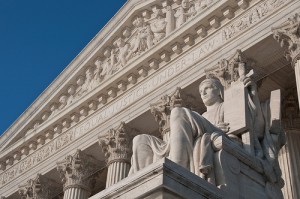


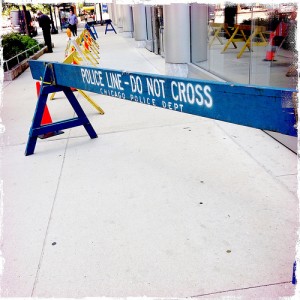 A local government can create a 35-foot buffer zone to restrict speech on a public street only if it has first made a serious effort to address the issue in other ways.
A local government can create a 35-foot buffer zone to restrict speech on a public street only if it has first made a serious effort to address the issue in other ways.
